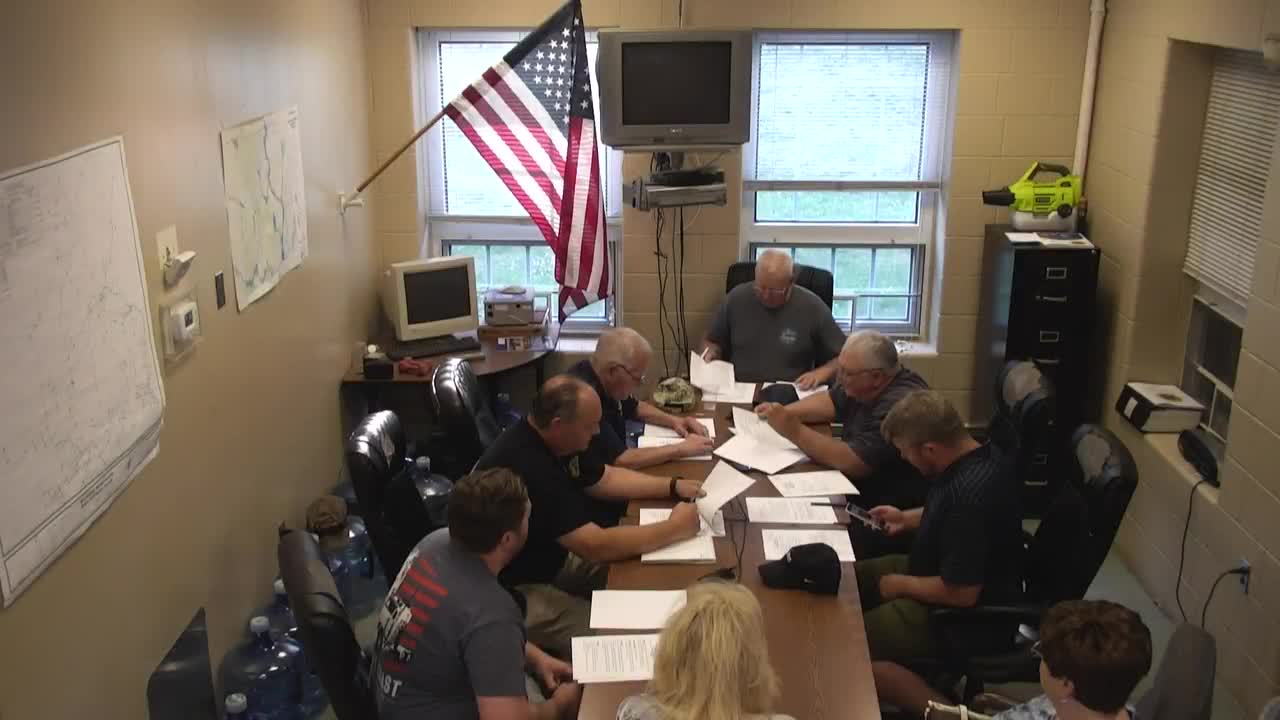Water Meter Dispute Sparks Heated Debate Over Abatement Rules
June 13, 2024 | Town of Blackstone, Worcester County, Massachusetts

This article was created by AI summarizing key points discussed. AI makes mistakes, so for full details and context, please refer to the video of the full meeting. Please report any errors so we can fix them. Report an error »

In a recent government meeting, discussions centered around a water sewer abatement request for a resident at 38 Fairway Lane, highlighting the complexities of water billing and meter ownership. The resident expressed frustration over an unusually high water bill, which had surged to nearly $900, a significant increase from her typical quarterly charge of around $140.
The conversation revealed that the resident had not yet paid her water bill, a prerequisite for any abatement request. Officials explained that the only way to contest the bill was to have the water meter tested at an independent facility, which would cost $300. If the meter was found to be faulty, the resident would be exempt from the bill; however, if it was functioning correctly, she would be responsible for the testing fee.
The resident argued that she did not own the meter, but officials clarified that each condo unit is assigned its own meter upon purchase. They reiterated that the responsibility for the meter and any associated costs lies with the homeowner. The discussion also touched on the aging infrastructure, with officials noting that older meters often underreport water usage, which could explain the discrepancies in billing.
The resident was advised to proceed with the meter testing to resolve the issue, with the understanding that if the meter was found to be accurate, she would still need to pay the outstanding bill. The process for testing the meter involves temporarily replacing it with a test meter, which would be removed and analyzed at a later date.
As the meeting concluded, officials emphasized the importance of following the established procedures for billing disputes, while the resident remained hopeful that the testing would yield a favorable outcome. The situation underscores the challenges residents face with aging utility infrastructure and the financial implications of water billing disputes.
The conversation revealed that the resident had not yet paid her water bill, a prerequisite for any abatement request. Officials explained that the only way to contest the bill was to have the water meter tested at an independent facility, which would cost $300. If the meter was found to be faulty, the resident would be exempt from the bill; however, if it was functioning correctly, she would be responsible for the testing fee.
The resident argued that she did not own the meter, but officials clarified that each condo unit is assigned its own meter upon purchase. They reiterated that the responsibility for the meter and any associated costs lies with the homeowner. The discussion also touched on the aging infrastructure, with officials noting that older meters often underreport water usage, which could explain the discrepancies in billing.
The resident was advised to proceed with the meter testing to resolve the issue, with the understanding that if the meter was found to be accurate, she would still need to pay the outstanding bill. The process for testing the meter involves temporarily replacing it with a test meter, which would be removed and analyzed at a later date.
As the meeting concluded, officials emphasized the importance of following the established procedures for billing disputes, while the resident remained hopeful that the testing would yield a favorable outcome. The situation underscores the challenges residents face with aging utility infrastructure and the financial implications of water billing disputes.
View full meeting
This article is based on a recent meeting—watch the full video and explore the complete transcript for deeper insights into the discussion.
View full meeting
